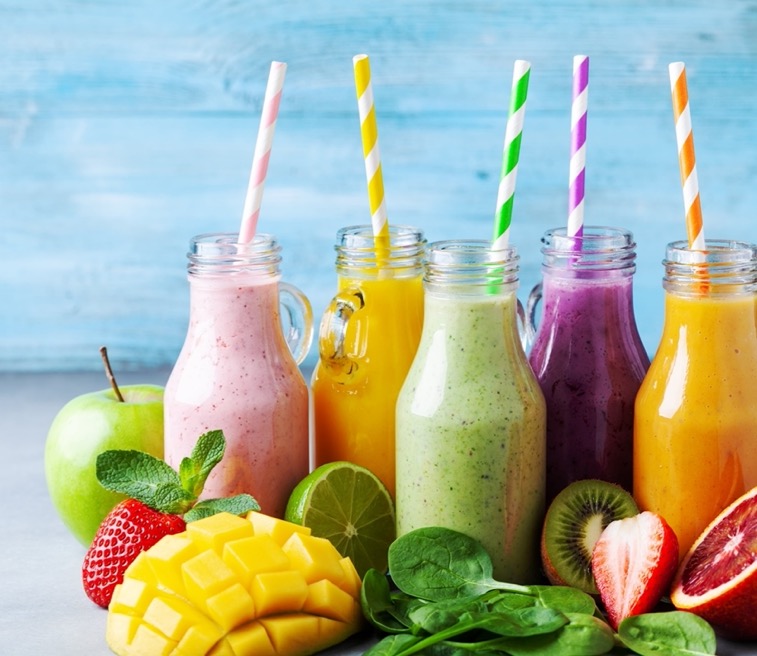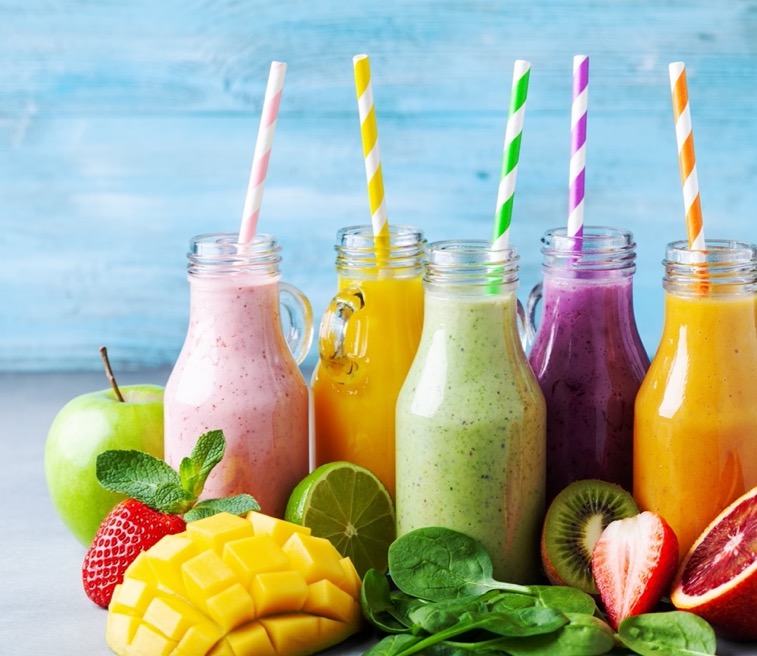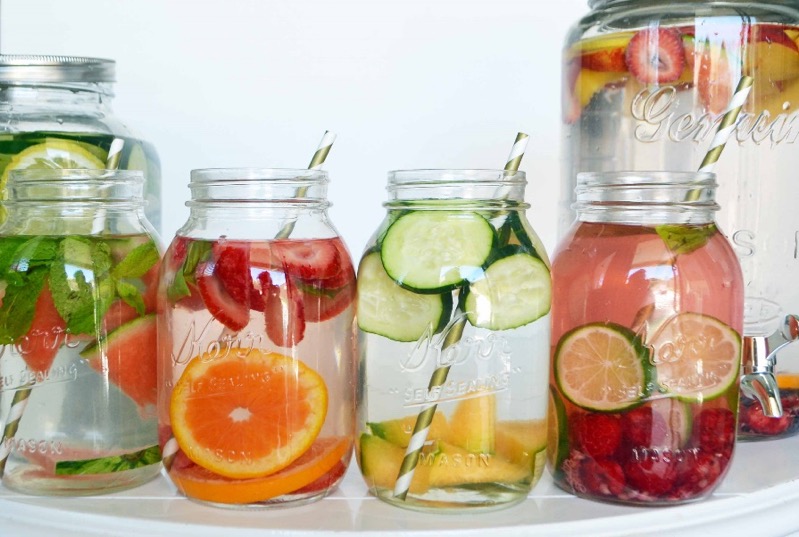
Introduction
The cost-of-living crisis has caused many consumers to adopt recessionary shopping habits while they are looking for products that are affordable and good value for money. As a result, 35% of global consumers have demonstrated less brand loyalty in the soft drinks market over the last twelve months. Despite this, consumers remain proactive by prioritizing their health and seeking out nutritional soft drinks. Due to this, brands in this market should promote soft drinks as being in high functional ingredients and nutritional value. By doing so, this will enhance perceptions of value and consumers will deem these products as having maximum efficacy, which is essential during this recessionary period.
Natural and Transparent
While 60% of global consumers find natural ingredients in
soft drinks appealing, streamlined ingredient lists are also of high appeal.
Brands should be focusing on natural, raw, and pure ingredient lists, and
promote free-from claims to enhance consumer perceptions of quality and value
for money.
Equally, it is just as important that brands provide maximum transparency around ingredient lists and health claims. While many consumers are actively avoiding dietary evils, complex nutritional labelling can often create confusion and lead to skepticism. This is because consumers are aware of green-washing and health-washing scandals through exaggerated claims. FMCG Gurus’ consumer insights reveal that 51% of global consumers are concerned about the hidden ingredients in food and drink, disguised via complex labelling. As a result, brands should offer reassurance to consumers that there are no hidden ingredients through clear, simple labels, and clinically proven scientific evidence which support certain claims.
Sustainability
Consumers have expressed concern about the state of the
wider environment and are aware of the impact that food and drink production
causes. FMCG Gurus’ findings highlight that 42% of global consumers have made
greater efforts to find more environmentally friendly beverage brands. Also,
consumers are recognizing the links with environmental damage on their overall
health. For instance, 67% of global consumers say they have changed their diet
in the last two years to lead a more sustainable lifestyle and said they felt
this made their diet healthier. This illustrates that consumers believe health
and sustainability are interlinked and want products that are good for them and
the wider environment. As a result, soft drink brands must make sure to
implement sustainability credentials at the core of their philosophy to shape
perceptions of green and clean production.
Moreover, to spread more awareness, soft drinks brands should highlight how sustainability credentials are directly linked to having a positive impact on the health and wellness of the consumer. This will not only create more awareness for the importance of sustainability for the planet and health, but also shape perceptions of value and quality, which is essential in a recessionary market.
Cost-of-Living
The cost-of-living crisis is having a direct impact on the health and wellness. FMCG Gurus’ consumer insights demonstrate that 43% of consumers felt they need to make changes to their health and wellness routines. This suggests that consumers deem healthy drinks more expensive. However, despite this adoption of recessionary spending habits, brands must understand that consumers are driven more by value for money as opposed to low cost. This means that consumers will not be seeking out the cheapest products because of the cost-of-living crisis, but instead will be trading up between soft drinks that are associated with maximum value.
To cater to this, brands should promote the efficacy of products, including multifunctional health benefits and health-boosting ingredients. This will appeal to a large proportion of proactive consumers, who are looking to adopt a prevention over cure approach to their long-term health and wellness.


